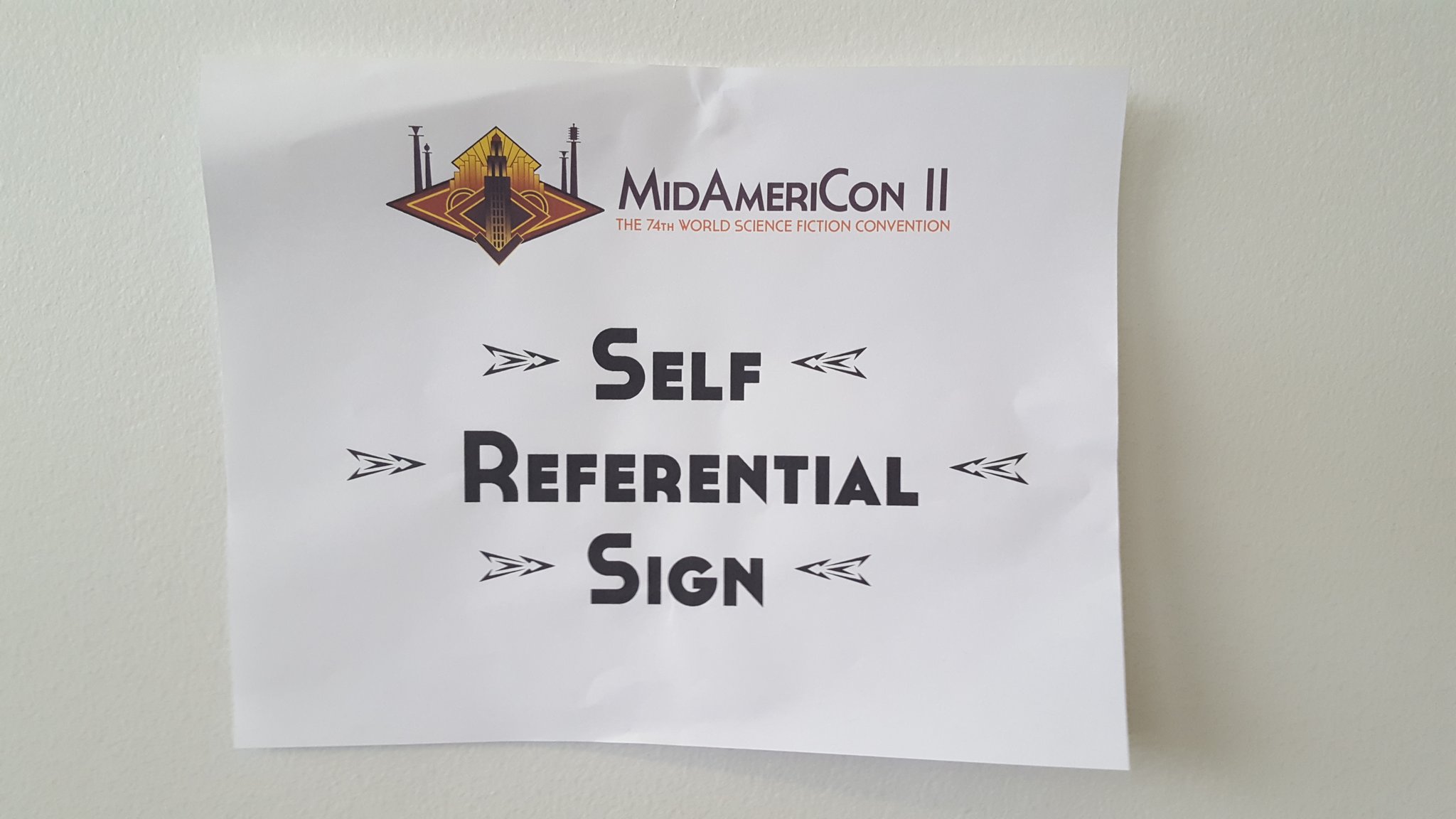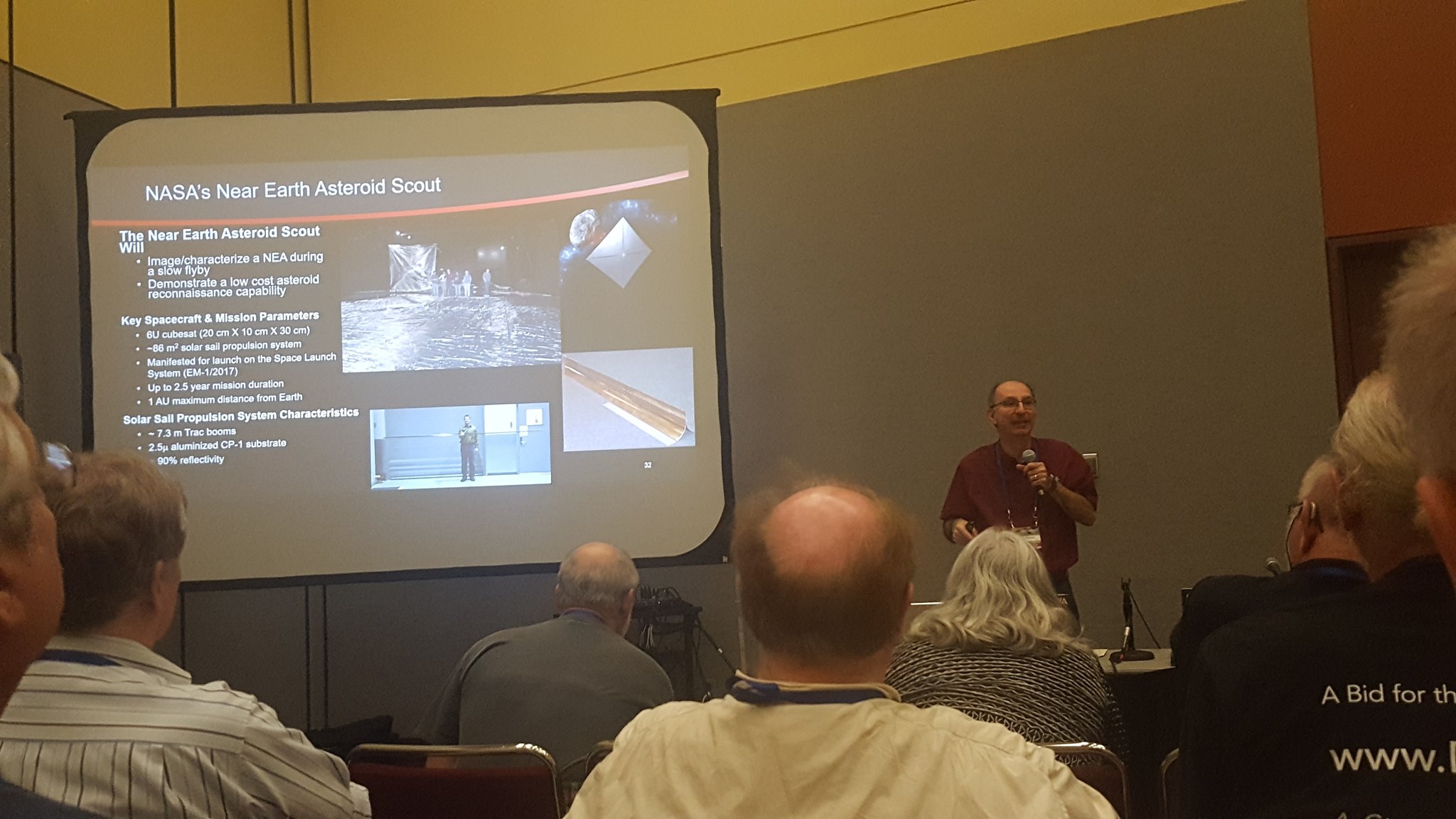More Than Human by Theodore Sturgeon
This book is the sole reason I have the Kindle app on my phone. It was interesting but not terribly exciting in hindsight. I think I would need a better perspective on 1950s telepathy fiction to appreciate whether it's high or low quality. Nevertheless a fun story to watch unfold.
Neuromancer by William Gibson
Unambiguously great, despite what a lot of my classmates said. Neuromancer has aged better than a lot of scifi from that era, though occasionally mundane technologies reminded me of the normalcy field. Overall the story was immersive, well-planned, and engaging. I'm hoping to read the other Sprawl books soon.
The Moon is a Harsh Mistress by Robert A. Heinlein
My first time rereading in several years, this time to focus on non-political themes. Primarily I was focusing on the AI aspect for an assignment. I still found it quite enjoyable to read, to the point that I really felt like writing for the first time in years. Another reminder that books have more layers than what I picked up in high school.
2001: A Space Odyssey by Arthur C. Clarke
I finally picked this up because I wanted to go above-and-beyond with that paper on AI in literature. I may have been a bit resentful with how little serious analysis my professor gave. Clarke's writing is extremely poetic throughout, but the eventual plot wasn't that earth-shattering given that I've seen the movie. There's a lot more detail and cosmetic changes, no major differences in theme. Nevertheless and enjoyable read and convinced me to look at Clarke further.
The Foundations of Morality by Henry Hazlitt
All the books avove, and the three below, in some capacity, were read for my English class this spring. Nominally, I was reading Hazlitt's ethics text during this time. In practice, not so much. Despite owning a physical copy, most of it I read on my phone, a significant chunk during a car ride on Stop Day. Strongly recommended for libertarians, to get a better grasp on utilitarianism. Review here.
Frankenstein by Mary Shelley
So much of this book left my head since high school English. Another case where a story doesn't seem that great, but considering when it was written, the book is actually quite impressive. It's cliche but the book was better than the movie (pretty much any version).
The Island of Dr. Moreau by H. G. Wells
Had some good moments but just not that engaging for me. Maybe if my professor hadn't given away the mystery early on, it would have been more exciting. Worth skimming for historical perspective but not something I expect to reread soon.
Oryx and Crake by Margaret Atwood
Holy hell has this book not aged well. Post-internet but pre-Web 2.0 results in a very weird mix of idioms. As for the actual plot, meh. There was potential but overall felt badly executed. The antagonist would be relatable if his motives made any sense; the protagonist makes a lot of strange decisions and isn't nearly as engaging. Jumping back and forth in time made for interesting story-telling but couldn't make up for an underwhleming story.
Hive Mind by Garett Jones
Non-fiction about IQ research, specifically applications to social problems. As pointed out in my review, the Jones is asking questions, not giving answers. Definitely worth thinking about.
Atlas Shrugged by Ayn Rand
Another reread. Rand definitely does claim to have the answers. I have a few reservations, but her story, style, and themes are still uplifting after all these years. Review of Atlas Shrugged, and the following books, forthcoming.
House of Leaves by Mark Z. Danielewski
Frame story on about seven different levels. Definitely a book for people who like puzzles and mysteries. And you definitely need a physical copy. I don't really want to spoil it for future readers by talking about the story here, but to say the least I found it interesting.
Guns, Germs, and Steel by Jared Diamond
Didn't expect to like Jared Diamond, but after multiple commentators recommended it I finally caved and picked up a copy. It was well worth the money--Diamond has effectively written a book about the whole of human history and gives a pretty credible explanation for why geographic factors had a strong influence on how the world looks today.






